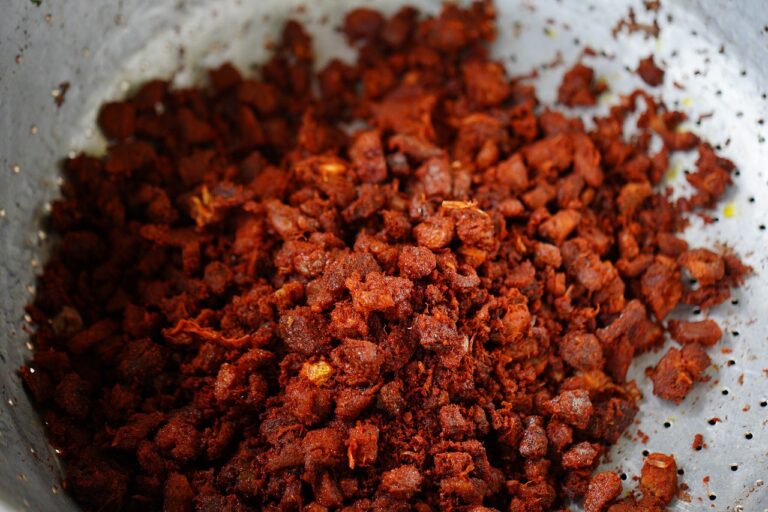Analyzing the Role of Food Safety Testing in Supporting Sustainable Food Production Systems
gold bet 7, ???? ????????, 11xplay.online: Analyzing the Role of Food Safety Testing in Supporting Sustainable Food Production Systems
Food safety testing plays a crucial role in ensuring that the food we consume is safe for consumption. With the growing concerns about foodborne illnesses and contamination, it has become imperative for food producers to implement rigorous testing protocols to safeguard public health. In addition to protecting consumers, food safety testing also plays a significant role in supporting sustainable food production systems.
In this blog post, we will delve into the importance of food safety testing in promoting sustainable food production systems and how it contributes to the overall health and well-being of both consumers and the environment.
The Importance of Food Safety Testing
Food safety testing involves the analysis of food products to ensure that they are free from harmful contaminants, such as bacteria, viruses, chemicals, and toxins. By implementing robust testing protocols, food producers can identify potential hazards early on in the production process and take corrective actions to prevent contaminated products from reaching consumers.
In recent years, there have been numerous high-profile cases of foodborne illnesses linked to contaminated food products. These incidents not only pose a significant risk to public health but also have severe repercussions for the companies involved, leading to massive recalls, lawsuits, and damage to their reputations. By conducting thorough food safety testing, food producers can minimize the risk of contamination and protect both consumers and their brand integrity.
Food safety testing is also essential for regulatory compliance. Food producers are required to adhere to strict guidelines and standards set forth by regulatory bodies, such as the Food and Drug Administration (FDA) and the U.S. Department of Agriculture (USDA). Failure to comply with these regulations can result in hefty fines, legal action, and even the closure of the facility. By staying ahead of the curve and conducting regular food safety testing, food producers can ensure that they meet all regulatory requirements and maintain their license to operate.
The Role of Food Safety Testing in Sustainable Food Production
Sustainable food production aims to minimize the environmental impact of food production while maximizing the health and well-being of consumers. By implementing sustainable practices, food producers can reduce waste, conserve natural resources, and support local communities. Food safety testing plays a crucial role in supporting sustainable food production systems by ensuring that products meet the highest standards of safety and quality.
One of the key principles of sustainable food production is transparency. Consumers today are more informed and conscious about the food they eat, demanding full transparency about how their food is produced and processed. By conducting rigorous food safety testing and making the results available to consumers, food producers can build trust and confidence in their products, demonstrating their commitment to safety and quality.
Food safety testing also plays a vital role in preventing food waste. On average, millions of tons of food are wasted each year due to contamination and spoilage. By implementing effective testing protocols, food producers can identify contaminated products early on and take corrective actions to salvage them or dispose of them properly, reducing waste and minimizing the environmental impact of food production.
Overall, food safety testing is an indispensable component of sustainable food production systems, ensuring that products are safe, high-quality, and environmentally friendly. By prioritizing food safety, producers can uphold the integrity of their products, protect public health, and contribute to a more sustainable food system.
FAQs
1. Why is food safety testing important for sustainable food production?
Food safety testing is essential for sustainable food production as it ensures that products meet the highest standards of safety and quality, minimizing waste, protecting public health, and supporting environmental conservation efforts.
2. How does food safety testing contribute to regulatory compliance?
Food safety testing helps food producers comply with strict regulations set forth by regulatory bodies, ensuring that products meet all safety and quality standards and maintain their license to operate.
3. What are some common contaminants tested for in food products?
Common contaminants tested for in food products include bacteria, viruses, chemicals, toxins, and allergens, all of which can pose serious health risks to consumers if not properly identified and mitigated.
4. How can consumers access information about food safety testing?
Consumers can access information about food safety testing by contacting food producers directly, checking product labels for testing certifications, or visiting regulatory websites for more information.
In conclusion, food safety testing plays a critical role in supporting sustainable food production systems by ensuring that products meet the highest standards of safety and quality. By prioritizing food safety, producers can protect public health, minimize waste, and contribute to a more environmentally friendly food system.







